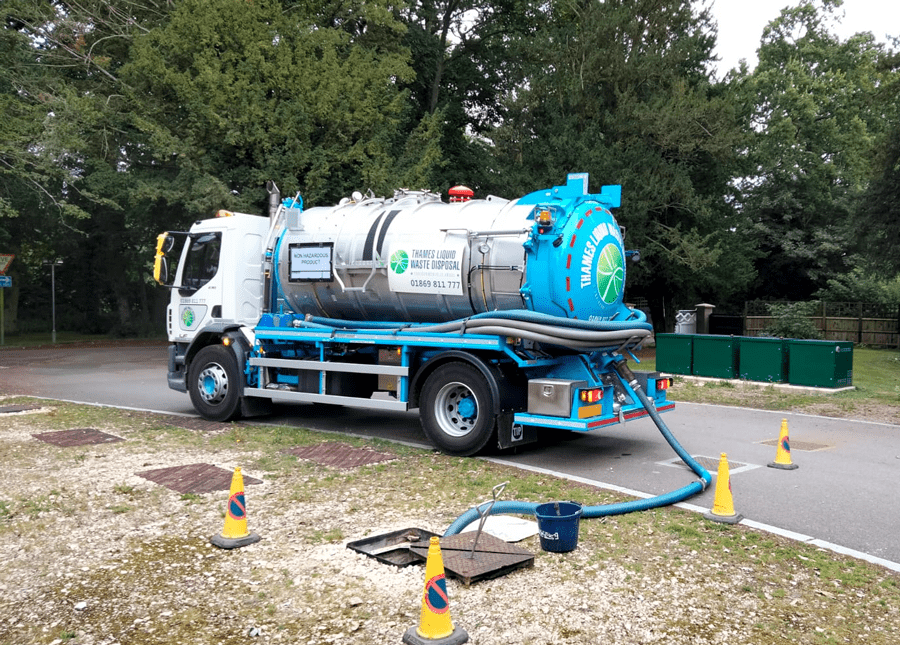Rumored Buzz on Reclaim Waste
Rumored Buzz on Reclaim Waste
Blog Article
The Facts About Reclaim Waste Uncovered
Table of ContentsGetting My Reclaim Waste To WorkOur Reclaim Waste DiariesThe smart Trick of Reclaim Waste That Nobody is DiscussingSome Known Incorrect Statements About Reclaim Waste Not known Facts About Reclaim Waste
Check out the kinds, incidents, and kinds of liquid waste. Residential sewer waste refers to the waste and items from a domestic sewage-disposal tank. This kind of waste is created by human beings in houses, institutions, and various other structures. This only includes septic tanks that have a drain area. The proper monitoring and disposal of residential sewer waste call for fluid waste to be transferred to a sewer therapy plant where the appropriate approaches and equipment are put on purify and dispose of waste.
Commercial waste commonly includes potential threats, such as combustible materials or a combination of liquid and solid waste items, and calls for a more innovative and detailed disposal procedure. The disposal of business waste usually entails the filtering of waste before transport to guarantee risk-free and correct disposal. Hazardous waste is produced from results and drainage of commercial processes and manufacturing.
This sort of waste can not use the very same sewage management transport or procedures as septic or commercial liquids. The hazardous waste monitoring process requires the inspection and testing of fluid waste before it undergoes the disposal procedure (liquid waste disposal melbourne). Drainage waste is the liquid waste that originates from drainage and excess stormwater in extremely booming locations or cities
Drainage waste can create contamination and flooding otherwise dealt with effectively. Discover a lot more regarding sewage system cleaning and waste monitoring. Making certain proper waste administration can protect against disasters and minimize ecological harm. Both individuals in residential setups and specialists in industrial or manufacturing industries can take advantage of recognizing the processes and laws of fluid waste management.
Getting My Reclaim Waste To Work
Get in touch with PROS Services today to learn more about our waste management and disposal solutions and the proper methods to look after the liquid waste you create.
(https://www.mixcloud.com/reclaimwaste1/)Do you recognize what occurs to your water when you draw the plug, flush the commode or drain the washing machine? No? Well, it deserves knowing. This supposed 'wastewater' is not just a vital source yet, after treatment, will certainly be released to our land, rivers or the ocean. Utilized water from toilets, showers, bathrooms, cooking area sinks, washings and industrial processes is referred to as wastewater.

water made use of to cool machinery or tidy plant and tools). Stormwater, a type of wastewater, is runoff that flows from farming and city locations such as roofing systems, parks, gardens, roads, courses and seamless gutters into stormwater drains, after rain. Stormwater flows unattended directly to neighborhood creeks or rivers, eventually reaching the sea.
Not known Facts About Reclaim Waste
In Queensland, many wastewater is dealt with at sewage treatment plants. Wastewater is delivered from domestic or commercial websites with a system of sewers and pump stations, called sewage reticulation, to a sewage therapy plant. City governments construct, keep and operate most sewage treatment plants. Operators are accredited under the Environmental Management Act 1994 to release cured wastewater at an appropriate environmental standard into waterways.
The Division of Natural Resources suggests neighborhood federal governments regarding handling, operating and maintaining sewerage systems and treatment plants. In unsewered locations, neighborhood governments may require householders to set up private or household sewer treatment systems to treat residential wastewater from bathrooms, kitchen areas, shower rooms and washings. The Department of Natural Resources authorizes making use of home systems when they are proven to be effective.
Many find out here now stormwater obtains no therapy. In some new class, treatment of some stormwater to get rid of clutter, sand and crushed rock has started using gross toxin traps. Wastewater therapy occurs in 4 stages: Gets rid of solid issue. Larger solids, such as plastics and other objects mistakenly discharged to sewage systems, are eliminated when wastewater is travelled through displays.
Uses tiny living organisms recognizes as micro-organisms to damage down and get rid of staying dissolved wastes and fine particles. Micro-organisms and wastes are included in the sludge.
Not known Details About Reclaim Waste
Nutrient elimination is not offered at all sewage treatment plants since it needs costly specialised equipment. Clear liquid effluent generated after treatment may still include disease-causing micro-organisms - liquid waste disposal.

This typically suggests wastewater needs to be dealt with or contaminants eliminated prior to it can be released to waterways. Most wastewater streams into the sewage system. Under the Act, city governments provide approvals and licences for environmentally relevant activities (Periods) entailing wastewater releases that may have a neighborhood impact. The department carries out authorizations and permits to Periods entailing wastewater releases that might have a local or statewide influence.
The Reclaim Waste PDFs
Otherwise, samples are considered laboratory analysis. Typically several tests are required to develop the levels of each of the various contaminants such as oils, heavy metals and chemicals in water. Monitoring supplies valid details regarding water top quality and can verify that permit problems are being fulfilled. The details acquired via monitoring offers the basis for making water high quality choices.
Report this page